Palestinian, Iraqi, and Syrian refugees in Jordan, share similar experiences of life in exile. This is the first of a two part series.
A plethora of recent studies on refugees have focused primarily on a single displaced nationality of stateless people within a host country. This article exemplifies the contrary by making a comparative analysis from ongoing interviews involving Palestinian, Iraqi, and Syrian registered and unregistered refugees, currently residing in Jordan. It highlights the urgent need of more help for the welfare of these displaced people, and warns that the uncertain future security of Jordan depends on it.
A Background to Jordan’s Displaced Population
Jordan, as a historical hub of trade between Middle Eastern nations and as a contemporary and consistent ally of Western foreign policy, rests in the hotbed of regional activity. The country has been affected by the Palestinian-Israeli conflict, the War of Terror, and the Arab Spring.
In total, Palestinian refugees in Jordan exceed 2 million and are recognized as one of the largest refugee populations in the world. The stories of the tribulations experienced by Syrian and Iraqi refugees attempting to resettle and integrate in Jordan, are nothing new for Palestinian veterans of lost statehood and ethnic cleansing.
The most significant intakes of Palestinians into Jordan occurred in 1948 and 1967, when conflict between Arabs and Israelis reached its peaks. Approximately 140,000 Palestinian refugees in Jordan do not carry citizenship.
Around 500,000 Iraqi refugees have been lingering in Jordan as “guests” (as the Jordanian government describes them). These consequent arrivals were able to avoid the difficulties and tragedies associated with Palestinian refugee camps and instead settled in urban areas such as Hashemi Shemali. Despite Jordan welcoming them as “guests,” Iraqis are viewed by some as a security and economic conundrum, as opposed to a humanitarian issue. As a result, the only workable solution for these Iraqi émigrés is to be repatriated or resettled, and not incorporated into the Jordanian legal status.
Recently, nearly half a million Syrian refugees have saturated Jordan; the majority originating from Homs and As-Sweida in Syria. They arrived in the vicinities of Mafraq, Irbid, and Amman in Jordan. An estimated 150,000 displaced Syrians also remain in five square miles of a desert enclave called the Zataari camp in Irbid — one of the world’s largest refugee camps, which some report is proliferating at a rate of thousands a week. The primary media focus is now on the Syrian dilemma, while Palestiniana and Iraqi refugees have been placed away from the proscenium. The Syrian refugees have been highlighted in more tendentious frequency by Western media — and especially with symbolic events such as the recent visit of US Special Envoy and Hollywood actress Angelina Jolie to the Zataari camp. This may be because of the political circumstances.
The Palestinian and Iraqi refugees fled from their countries which host a Western-backed government, while Syrian refugees are victims of a Western-condemned regime in Syria. One Syrian refugee, reflecting on the news coverage, heavily criticized mainstream media’s prevarication on their situation in Jordan. He stated that the media spreads “too many lies in the news. They should be honest … and tell the world how the refugees are living, especially here in Jordan!”
Risk Factors and Standards of Living
The tribulations of all three refugee groups have similarities and differences. It is didactic to present observations of what all three groups have endured under various heuristics. Some of these heuristics involve health and educational services available to them, the amount of aid from various organizations, dependable protection, equal opportunities for work, and freedom of movement; rights normally accorded to Samaritans who possess citizenship.
Access to education and health services, along with aid, has been strainful on the United Nations and other humanitarian entities in Jordan, particularly with new arrivals of Syrian refugees. All of the refugees in Jordan complain that not enough aid, intermittent and unreliable medical services, and unequal qualitative education, are being granted to them. Many interviews of refugees and personal comments by individual Jordanians indicate a unanimous and firm belief that financial contributions by the international community have been pocketed, instead of distributed to its intended recipients.
One Syrian refugee replied when asked how the world can help: “Don’t give the Jordanian government money, go to the camps of refugees [and give them money] instead.” Nevertheless, there are subtle differences in the experiences of the three groups.
Palestinian Refugees
Those Palestinians interviewed who have Jordanian citizenship, reported a higher satisfaction with standard of living and security. However, Palestinians without citizenship in the Gaza Camp near Jerrash, for example, suffer from impecunious lives without proper medical care, and education extends only to the 10th grade unless there is a sponsor. Water in the Gaza Camp is a coagulation of sewage and normal drinking water, while some of the sewage occasionally floods near oblivious children playing football in the crowded streets.
An argosy of animal carcasses and trash are abundant in the neighborhoods. Inadequate roads surround the camp with an absence of public transportation, and there are a limited number of recreational facilities. Some of the residents do not have roofs or doors to their residences, and are packed into tiny concrete buildings with ten or possibly more residents.
Residents of the Gaza Camp have lived such an existence without succor for over 60 years, and are in worse conditions than Iraqi refugees in Hashemi Shemali. One resident commented: “We [will] always [be] refugees — 100, 200, 1,000 years. We [will] not [be] refugees, when we [our future generations] return to Palestine one day.”
Iraqi Refugees
Iraqi refugees are in a terrible predicament as well. Some cannot afford medication for their survival and have to ration or do without their daily medical intake to preserve money. Others must pay rent and utility bills via personal loans or dependency on wire transfers from family members abroad. Iraqi refugees, like Gaza Camp residents, do not have wheel chairs or access to exigent medication which can be found in Western countries.
Despite the fact that the king of Jordan finally allowed Iraqis to enroll in public schools in 2007 — when Jordan requested financial aid to help their “guests” after years of denying there was a burden with the large Iraqi influx into Jordan — Iraqi enrollment has not increased. Interviews with Iraqis indicate the primary reasons are perceived discrimination by teachers and administrators, and a lack of integrity and security with keeping records from registration.
Many Iraqis, unlike Gaza Camp residents, live in the city of Hashemi Shemali, which has better infrastructure, sanitation, and services. Without the United Nations High Commissioner for Refugees (UNHCR), however, the Iraqi lifestyle might descend to such an eschatological nadir of life as with the Gaza Camp residents. Comparing the Gaza Camp with Hashemi Shemali, one refugee described the latter as “a villa!”
Syrian Refugees
The Syrian case precludes an expected improvement in comparison to other refugees. Many Syrian refugees are now forcibly held in camps like Palestinians initially were when they first arrived in Jordan. They have less access to below mediocre health care, education, and aid in comparison to Iraqi and Palestinian refugees. The largest of the camps, Zataari, which King Abdullah describes as Jordan’s 5th largest city, had reports last winter of children freezing to death due to the lack of tents, fuel to burn fires, and blankets to keep warm.
There have also been riots in the camp as a result of the appalling conditions there. The UN recently asked for a record-breaking USD5.1 billion to assuage the refugee crisis due to increasing numbers of Syrian refugees; some predict it will get worse. Syrians held within camps do not have access to education or health services, and some of the others outside the camps also avoid enrolling in educational establishments for similar reasons as Iraqis, according to surveys.
*[Note: Read the final part on June 23. The author wishes to thank Miles Shelly and Max Marin for their valuable assistance.]
The views expressed in this article are the author’s own and do not necessarily reflect Fair Observer’s editorial policy.
Support Fair Observer
We rely on your support for our independence, diversity and quality.
For more than 10 years, Fair Observer has been free, fair and independent. No billionaire owns us, no advertisers control us. We are a reader-supported nonprofit. Unlike many other publications, we keep our content free for readers regardless of where they live or whether they can afford to pay. We have no paywalls and no ads.
In the post-truth era of fake news, echo chambers and filter bubbles, we publish a plurality of perspectives from around the world. Anyone can publish with us, but everyone goes through a rigorous editorial process. So, you get fact-checked, well-reasoned content instead of noise.
We publish 2,500+ voices from 90+ countries. We also conduct education and training programs
on subjects ranging from digital media and journalism to writing and critical thinking. This
doesn’t come cheap. Servers, editors, trainers and web developers cost
money.
Please consider supporting us on a regular basis as a recurring donor or a
sustaining member.
Will you support FO’s journalism?
We rely on your support for our independence, diversity and quality.


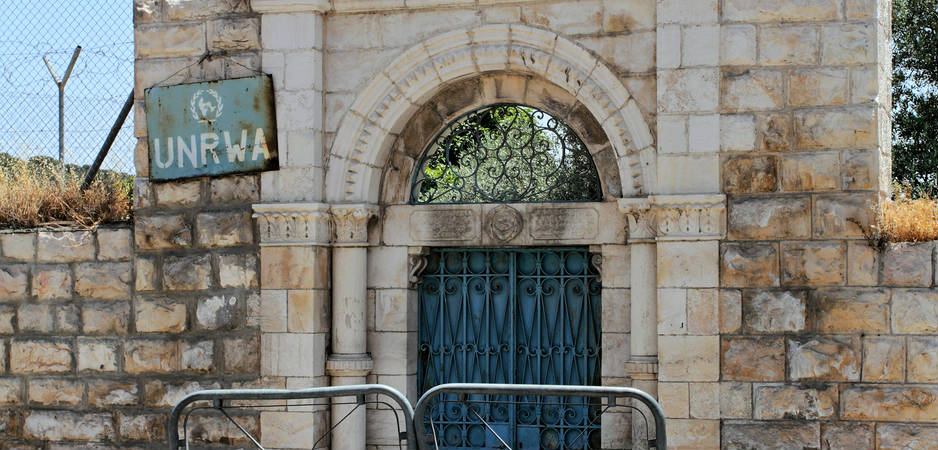

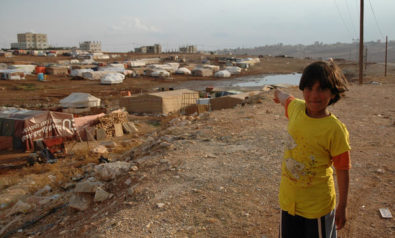
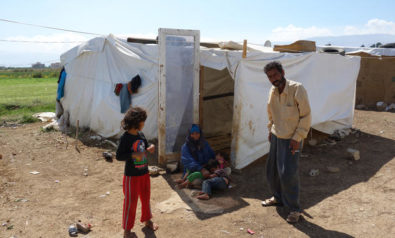
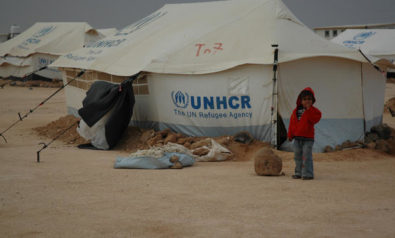

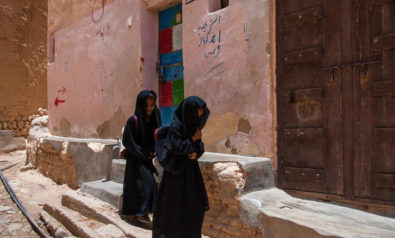

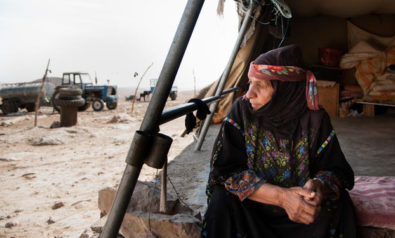




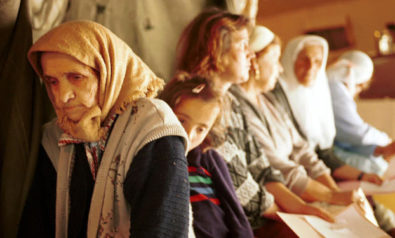
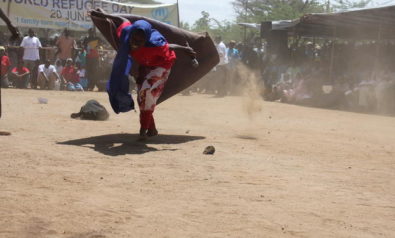
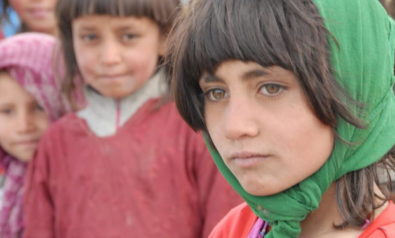
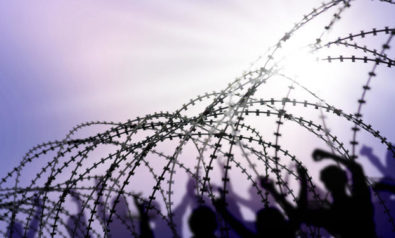
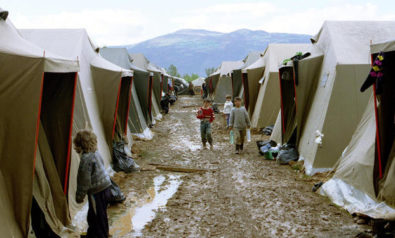
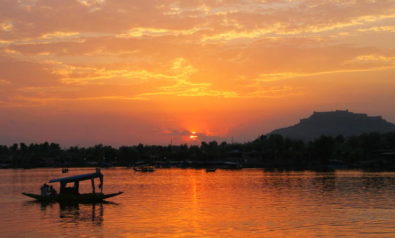
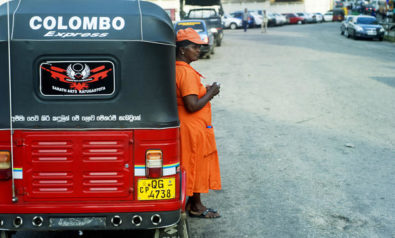



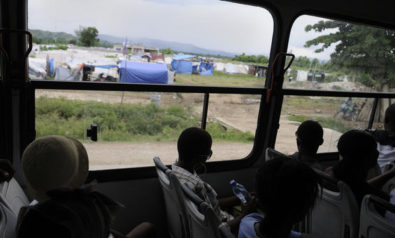
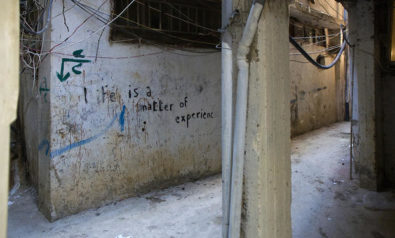
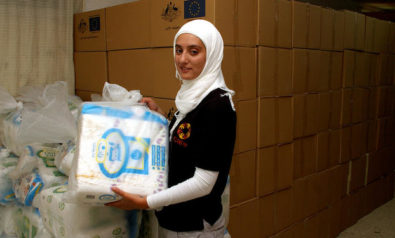
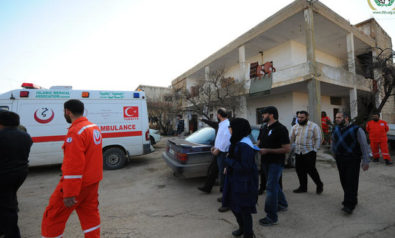

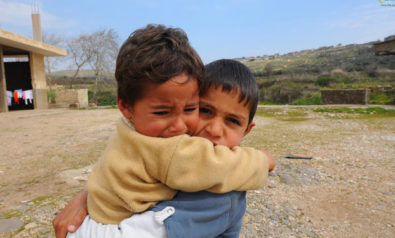
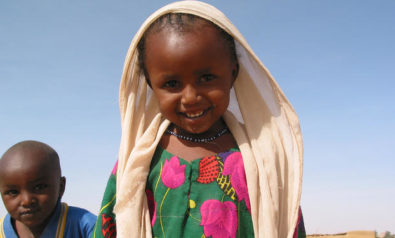

Comment